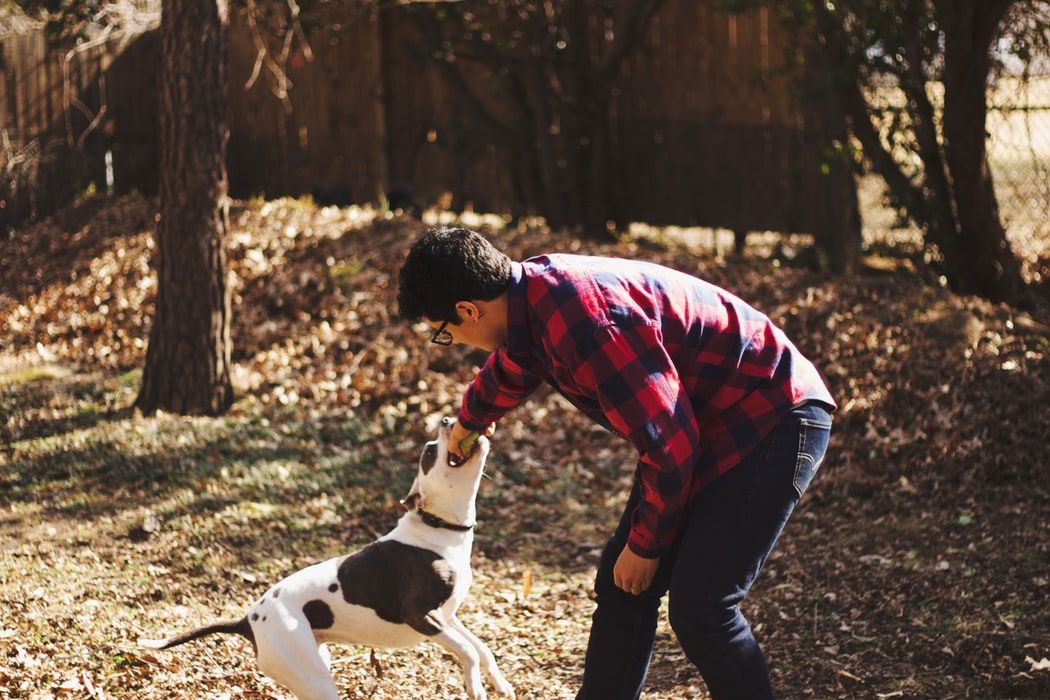Social distancing has resulted in more time spent at home that we can use to bond with our canine companions. But managing your pup can be overwhelming.
Julie Forbes of Sensitive Dog shared her tips for overcoming common dog training challenges. Julie’s expert insights will help inform how to understand your dog’s needs, how to engage your pup in mental exercises, and when to seek advice from professionals.
Getting Started
The amount of dog training resources available online can feel daunting. “The more research you do on your own, the more confused you are going to be because there are so many conflicting ideas,” says Julie.
If you are struggling to find information online that you can trust, Julie advises seeking sources that honor that every dog has unique needs.
“Look for someone who is balanced--or information that is balanced--that focuses on setting the dog up for success and meeting their needs,” says Julie. “When we know that we are doing that, then we can feel really clear and comfortable with setting some direct boundaries where it’s needed like ‘don’t pee in the house,’ or ‘don’t chomp my hand, or ‘don’t chew the slipper.’”
Julie shares that taking the time to get to know your dog will help you learn how to set appropriate boundaries with your pup. With the right information, you will be able to trust your gut and make the best decisions for managing your dog.
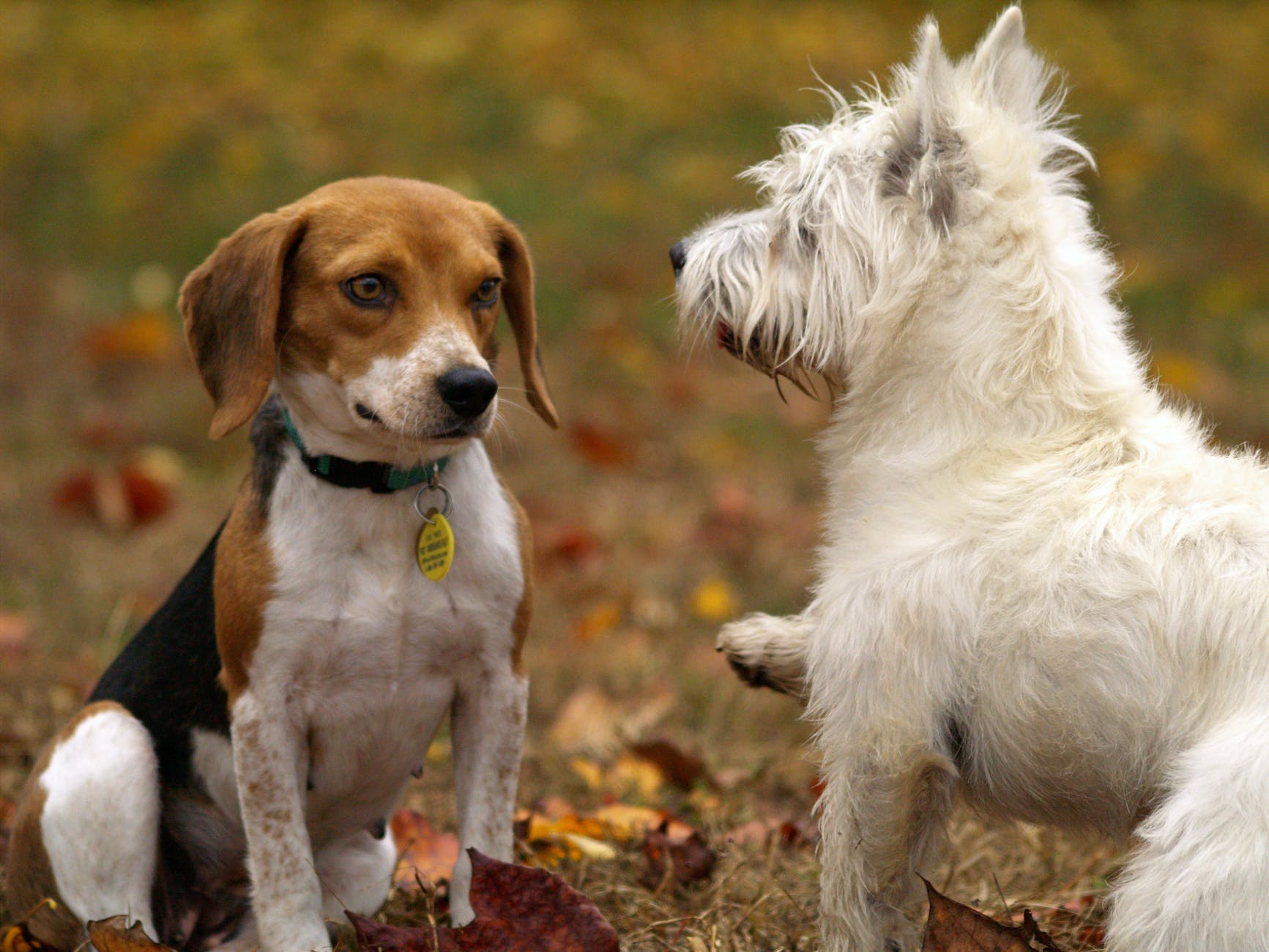
Socializing your Pup
While social distancing, you may be worried about the lack of social interactions your dog is exposed to. Julie advises that dog owners prioritize facilitating quality social interactions with other dogs, rather than focusing on the number of dogs they interact with.
“I would rather a dog develop relationships with other dogs that they become familiar with and learn how to communicate and be a dog from other relatively well-socialized, good community dogs,” says Julie.
Reinforcing Positive Behaviors
In Julie’s experience, people tend to think that they can’t train their dogs without giving them a treat. Instead of focusing on always rewarding good behaviors with a treat, Julie advises that dog owners remain present with their pup and prioritize building their relationship.
“Dogs are so social and so like us. That’s why they do so well living with us in our homes,” says Julie. “When the dog sits, I want people to be present to what they’re saying [in response].”
Julie recommends that owners use specific language to reinforce good behaviors. For example, if your dog sits when asked, using direct language like “Good sit” can help to reinforce positive behavior.
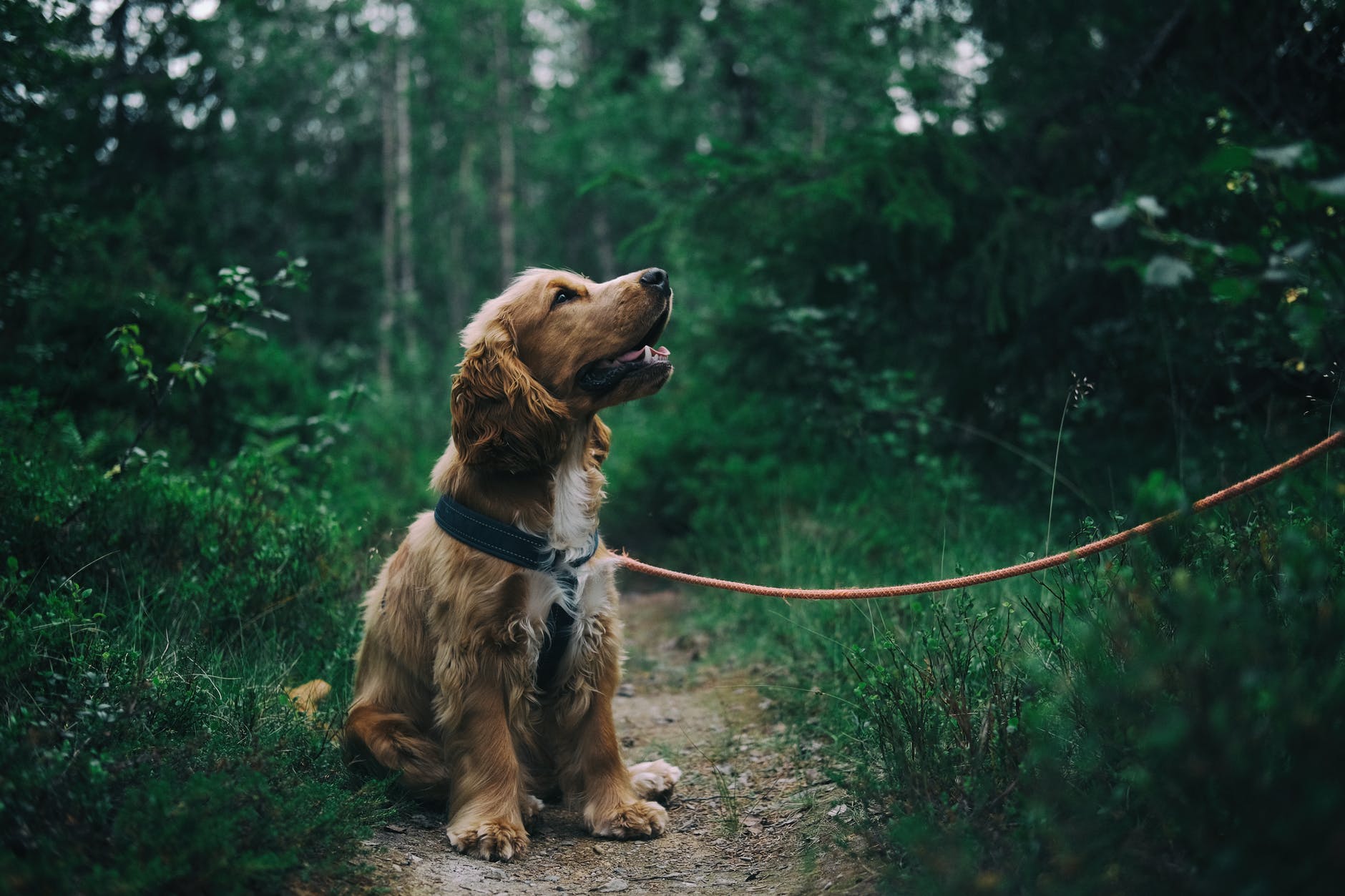
Addressing Leash Walking Challenges
One of the most challenging areas can be avoiding aggression toward other dogs when walking your dog on a leash. Julie says that you can help your dog feel more safe and secure by creating a structure for them.
“One of the first things for reactive dogs is to not let them be ahead of you. A lot of times, it’s going to benefit the dog to feel more secure and structure helps that,” says Julie. “Put your body in between you and the thing they are reacting to. That’s going to show the dog ‘I’ve got it. You don’t have to worry about it.”
Engaging Pups with Mental Exercises
We tend to focus on making sure our dogs receive enough physical exercise every day. Julie shares that dog owners should also focus on mental exercise because lacking a constructive outlet for mental energy can result in boredom and anxious behavior.
“When we think of exercise, we only think of physical exercise and there’s this whole other side of the coin that’s mental,” says Julie. “Behaviorally speaking, mental exercise is way more significant than physical.”
Julie recommends taking advantage of obedience training to create structure and establish control. Obedience training involves teaching your pup to obey new commands.
There are also ways to create structure without using control through techniques such as K9 Nosework. K9 Nosework is a scent detection activity in which dogs search for a specific odor. If you are interested in formally training your dog using the K9 Nosework program, you can find instructional videos online. For an introductory nosework activity for dogs, Julie suggests hiding treats throughout the house and having your dog search for them. This can help engage your pet in problem-solving tasks.
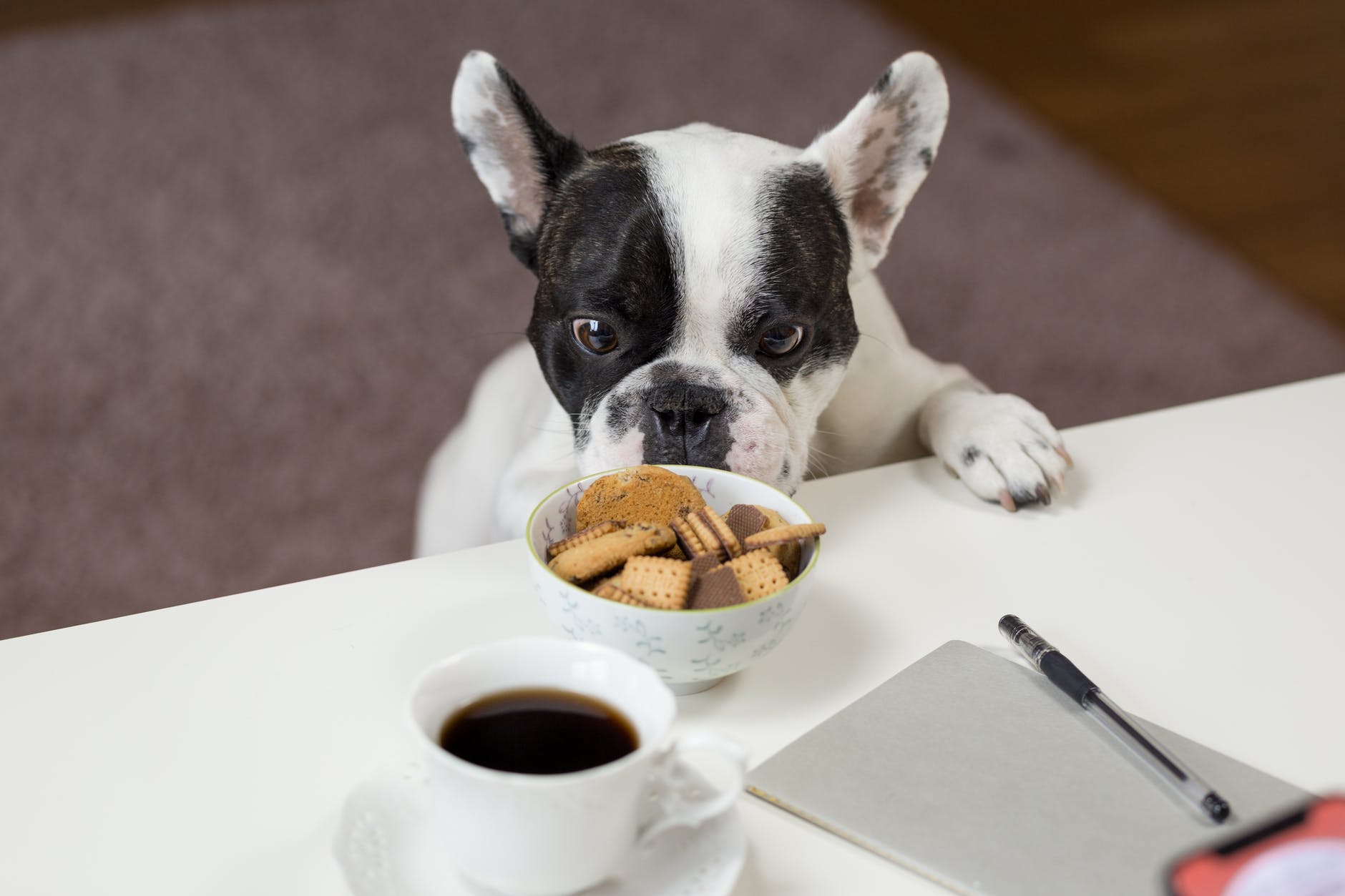
Choosing the Right Treats
When choosing dog treats for your pup, Julie recommends looking at the ingredients list before you make a purchase. “Avoid corn, wheat, soy, and avoid by-products. Be aware that some dogs have sensitivities to different proteins” says Julie.
To tell if your dog has a food sensitivity, monitor your pup for digestive upset and skin issues including rashes and itchiness.
Spoiling your Dog
You might be concerned that you’re spoiling your pet too much. Julie clarifies, “Spoiling does not mean taking the best care of your dog.” Instead, dog owners should be conscious of monitoring their dog’s behavior and understand that each dog may respond to structure differently.
Julie recommends paying attention to social dynamics to identify areas where your dog may feel upset if there are no boundaries in place. For example, if you find that your dog becomes aggressive when you allow them on your bed, consider the social dynamic between your pet and view this as an opportunity to establish structure.
“It’s about what we need to do to meet theirs needs to be the best version of themselves that they can be,” says Julie.
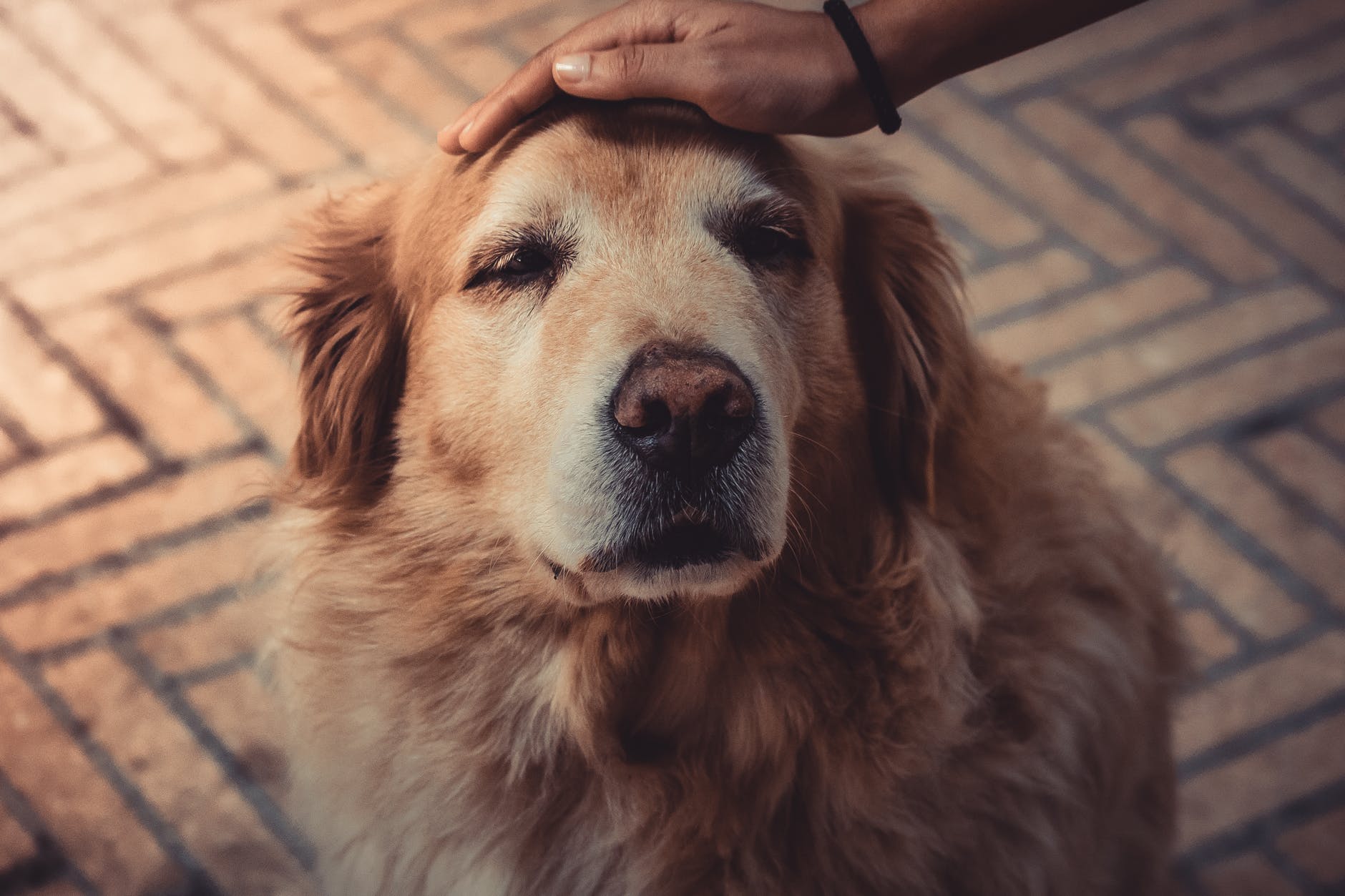
Teaching Old Dogs New Tricks
Can you teach an old dog new tricks? Julie believes that you absolutely can and you should. However, older dogs may take longer to learn new tricks compared to young puppies. Taking the time to understand your pup’s needs and learning process can be well worth it.
Bringing Home a New Pup
Your family may be pressuring you to bring home another dog to keep your pup company. Julie believes that bringing an extra dog home can be a positive experience, as long as your pup is compatible with your new addition.
“I think having an extra dog is great and it does take some of the extra pressure off of you to be the sole provider of entertainment and connection,” says Julie.
Julie recommends making sure that it is a good fit for your dog before you bring home another pet.
Booking a Virtual Training Session
If you are having trouble training your dog, businesses like Sensitive Dog offer personalized training sessions. Sensitive Dog is currently offering training sessions virtually so that you can train your dog while you’re at home. Virtual sessions begin with a 2-hour introductory call that focuses on answering your initial questions so that you can better understand the needs of your pup.
For more tips and tricks on training your dog, find a local professional on Fresh Chalk.
